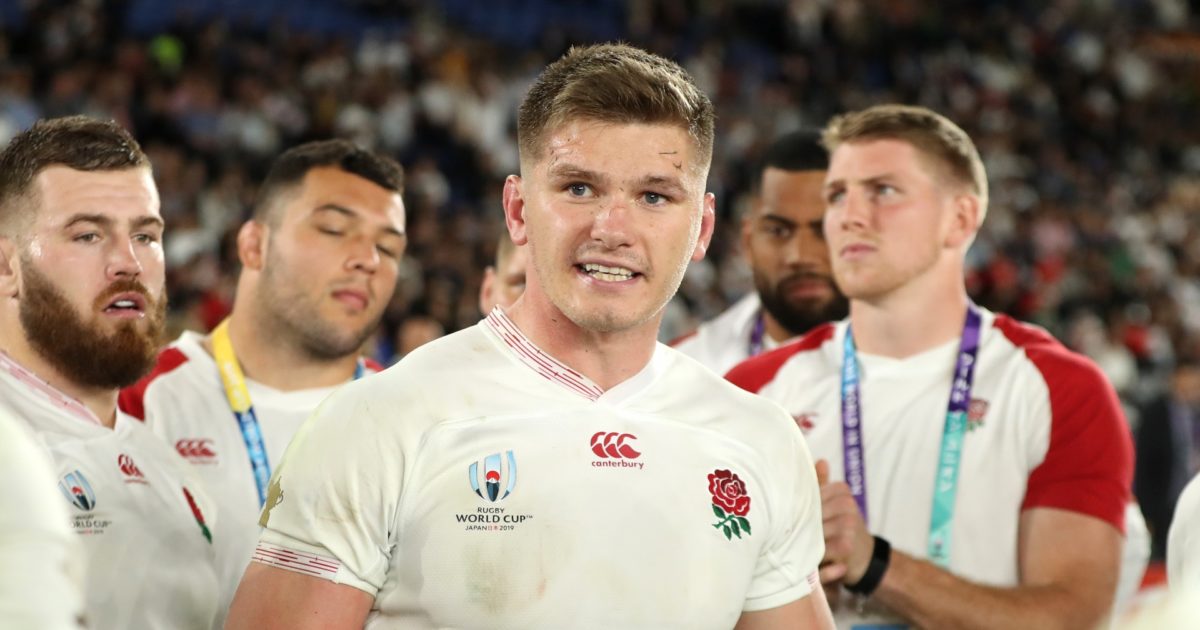Six Nations and SANZAAR issue joint global calendar statement detailing 7 key principles

Hopes that a global calendar will be delivered on the back the coronavirus shake-up of rugby have taken a step forward after Six Nations and SANZAAR issued a joint statement outlining the progress that has recently been made in talks.
“Following the World Rugby meetings in March this year, SANZAAR and the Six Nations have been working closely over the lockdown period against a set of key principles between the parties to develop and agree on proposals for an aligned global calendar,” read the statement.
“Even though there may be different preferences, from the outset the nations have adopted a mindset that has sought to eliminate self-interest and recognise that the international and club game have shared mutual benefits that if approached and managed correctly can enable both to flourish.
“A further consultation process, in total transparency with unions, clubs and players, will commence as all parties work towards an aligned global calendar that can deliver a clear and coherent narrative.
“The key principles that have underpinned the work to date are:
1. Significantly mitigate overlaps between club and country fixtures;
2. Better aligned player release windows for players, stakeholders and competitions;
3. Improve player welfare;
4. Improve the narrative and competitiveness of international and domestic Competitions around clear windows;
5. Define clear high-performance pathways for Emerging Nations through the delivery of an internationally more inclusive game;
6. Evolve competition structures that are underpinned with enhanced commercial offerings;
7. Restore public faith in the core values of rugby and showing strong collective leadership in the best interests of the game.
“The nations together with other key stakeholders remain open to shape the options that have been developed in an effort to resolve an issue that has held the game back for many years and are committed to putting rugby on a progressive path.”
It was last week when RugbyPass reported that the Six Nations could be about to do what was always thought unthinkable – move away from its traditional February and March place in the calendar and instead take place at the same time as a rescheduled Rugby Championship.
It was said that Six Nations were considering the idea of pushing their tournament back to March and April as part of a change that would see the Rugby Championship move forward from its traditional August start.
Not only that, but a conference call had reportedly discussed closing the annual June/July Test tour window and switching it to October to arrange a more concentrated block of international rugby where teams from the north would head south during October before the reverse would happen in November.
























































